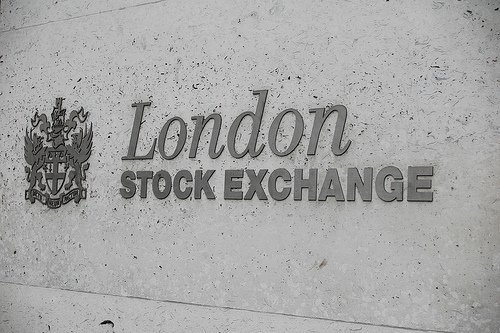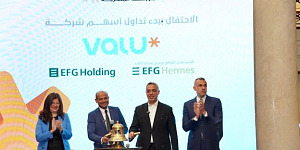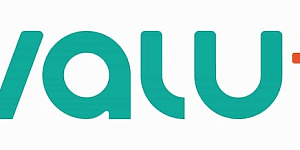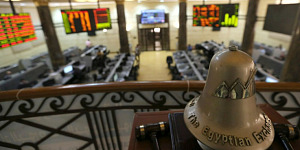The board of directors of Beltone Financial Holding approved the issuance of global depositary receipts (GDRs) for trading on the London Stock Exchange by converting a maximum of 33% of the company’s capital to GDRs.
The board of directors called for a general assembly on 27 June to discuss the issuance of GDRs.
The move comes in light of Beltone’s desire to comply with listing rules by raising the free float to at least 5%.
The Egyptian Exchange (EGX) has seen an intense appetite among investors to convert shares of traded companies to GDRs on the London Exchange during the past few weeks. Investors benefit from the difference of the price of shares and GDRs, and the conversion provides a method for foreign investors to repatriate their money abroad in foreign currency.
The general assembly of Beltone will also discuss increasing the capital EGP 1bn on the nominal value. That subscription would be limited to existing shareholders.
In a separate context, Ashraf El Ibrachy, the main partner in Ibrachy & Partner and Beltone Financial’s legal adviser, said that CI Capital and Beltone were sure that the government insisted to stop the deal.
He noted that both parties understood the importance of concluding the deal in order to create a large regional investment entity, which is why they have extended the deal more than five times in hopes that government agencies would change their stances on the deal. “A hope that still exists,” he emphasised.
This intransigence emerged from the start, highlighting the Central Bank of Egypt’s (CBE) decisions to amend controls of banking finance for acquisitions, said El Ibrachy. And it was followed by Tarek Amer’s statements on TV wondering about the experience of the acquisition party, , and the value that would be added once the acquisition of CI Capital is concluded, saying that it is a matter of experience rather than buying and selling.
El Ibrachy concluded the entire deal without loans; however, during his meeting with the head of the Egyptian Financial Supervisory Authority (EFSA), and after completing the deal’s papers in order to obtain approval for it, he was surprised to learn that National Security had notified EFSA’s head not to issue the approval until it is reviewed.
El Ibrachy stressed that since that date, EFSA has looked for several other reasons to hinder the deal, including highlighting the violation of the main shareholder, businessman Naguib Sawiris, which go back to 2012.


























































